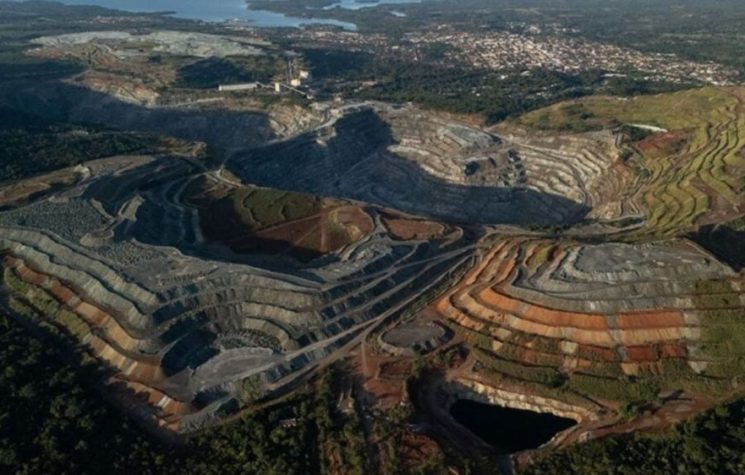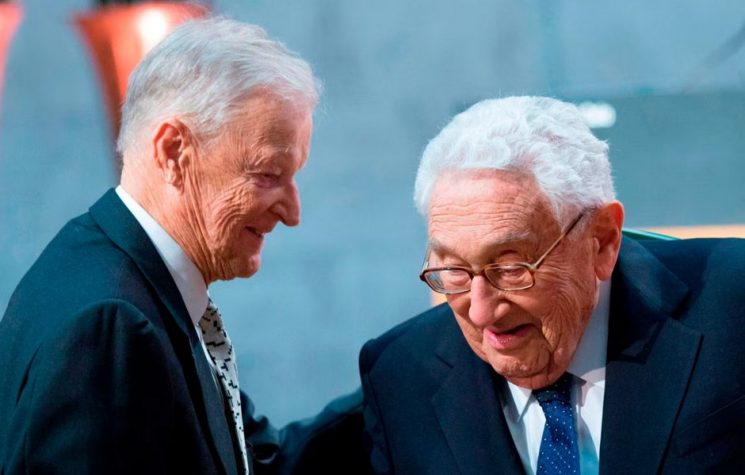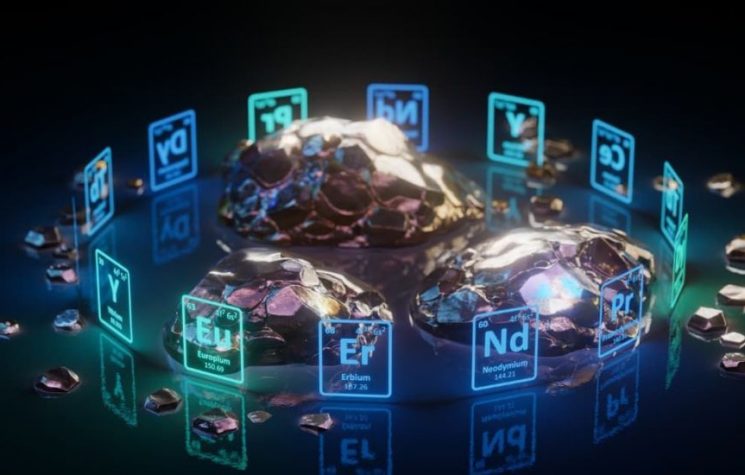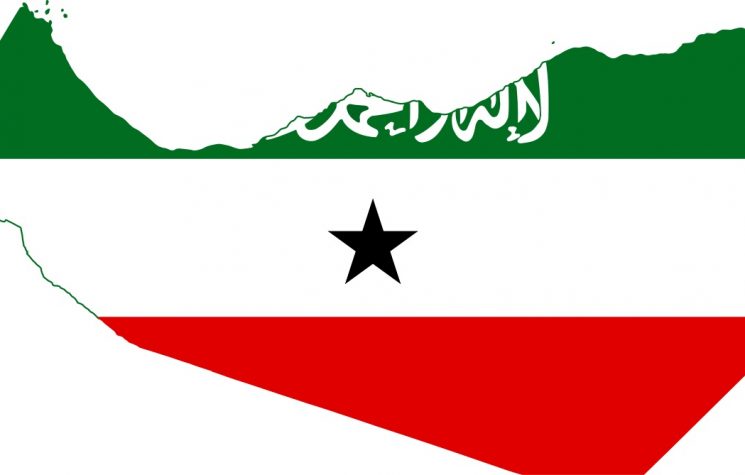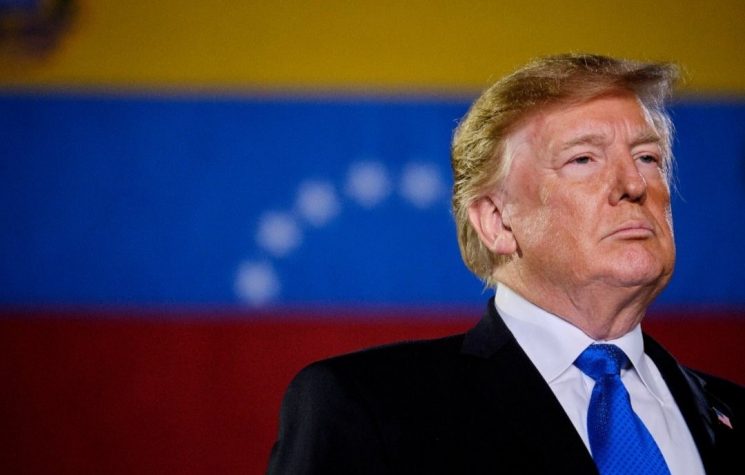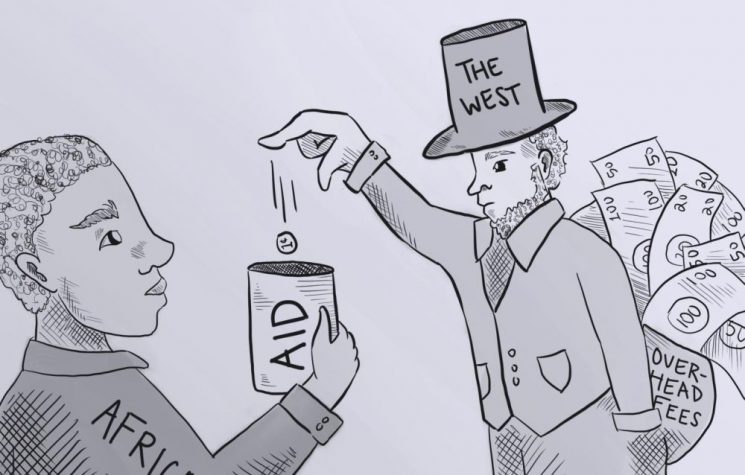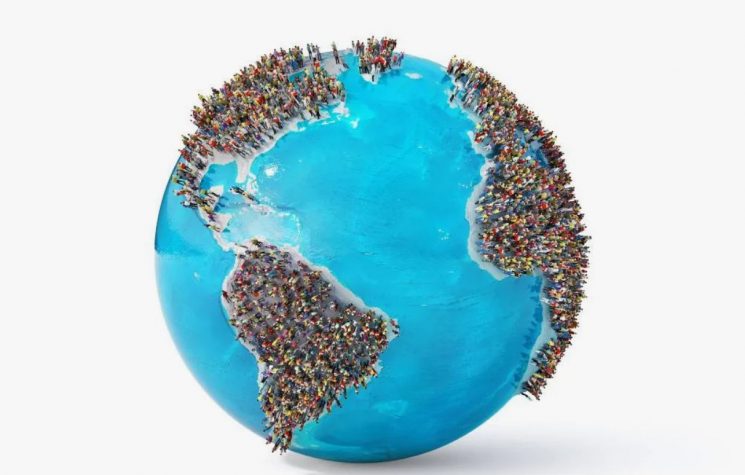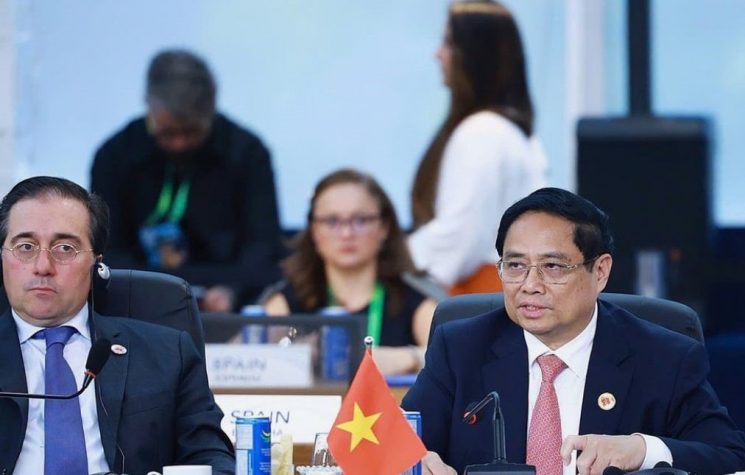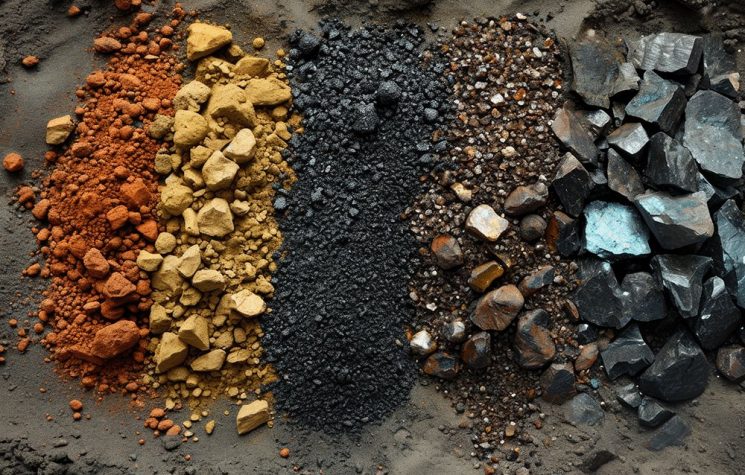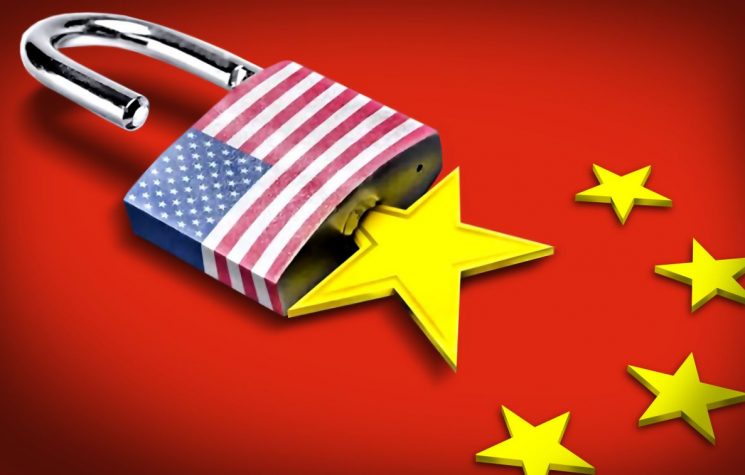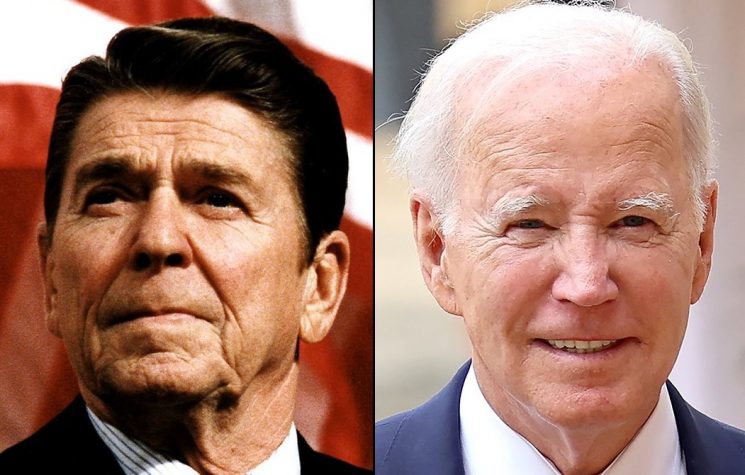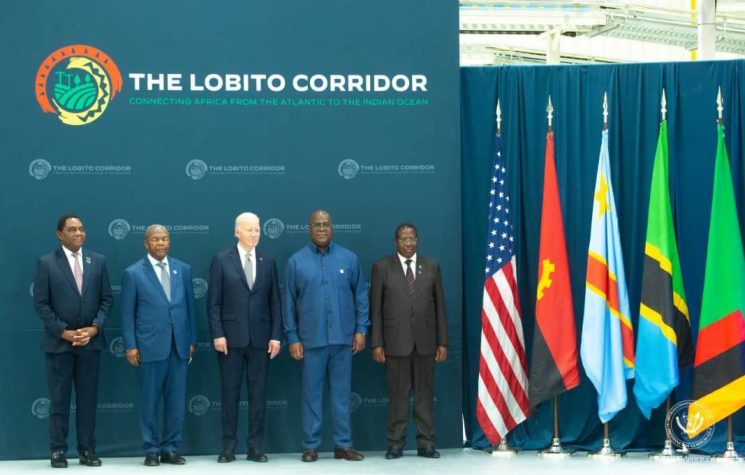Will desperation lead the U.S. to internationalist brotherhood, or to accelerated rapine and plunder?
Contact us: info@strategic-culture.su
From north to south, east to west, desperate moves are multiplying, most of them failing dramatically. The objective is very clear: Joe Biden cannot leave office without a legacy. During the election campaigns, the still U.S. president, with no restraint whatsoever, promised all sorts of things, which, perhaps out of arrogance or lack of proper advice, he thought achievable: the strategic defeat of the Russian Federation on the battlefield; the isolation of the Russian Federation on the international stage; the containment of the People’s Republic of China and its submission to Washington; the control and submission of Iran; the protection and security of Israel; the (re)industrialization of the USA, etc….
There was no shortage of praise, but of all Joe Biden’s achievements, the only ones that stand out are those that he couldn’t promise directly and forthrightly: the destruction of the German economy and, in turn, of the EU economy; the takeover of the European LNG market, through the destruction of NordStream; the takeover, from within, of the military industrial complex of the EU countries; the destabilization, and consequent installation of puppet regimes in countless countries geografically connected to their main enemies; the destruction and destabilization of supply chains, as a way of attacking confidence in Chinese industrial capacity; the partial decoupling, no matter who it hurts, of the Western economy from the Chinese economy; the destruction of the international trade system and confidence in the legal-institutional architecture built up after the Second World War. These objectives have been satisfactorily achieved, I would say. But none of them will save the U.S. from losing its hegemony and supremacy on the international stage.
On the verge of abandoning ship, without producing any results worthy of being placed on the pedestal of measures capable of counteracting the degradation of U.S. hegemonic dominance, Joe Biden’s departure from the scene is in itself a vivid image of the bankruptcy of what has come to be called “American democracy”. A candidate who was elected by the grassroots of the Democratic Party, after a primary in which he had no worthy competitors, was later rejected and passed over by the party’s donor oligarchies.
After the debacle in Ukraine, which is becoming increasingly difficult to hide, and the (until now) failed attempts at a “colored revolution” in Georgia, Venezuela, Mozambique and Serbia, where not even NATO’s biggest fanboys can hide the argumentative debacle that followed the repetition, as predictable as it was desperate, of the accusation that elections are always rigged when the chosen ones of the Olympus of democracy that is the G7 don’t win, now it’s Syria’s turn, a country in which the bold manoeuvre to repeat the “Arab Spring”, conceived and operationalized using the return of emblematic “rebel movements” that are nothing more than terrorist groups and Islamic fundamentalists that the U.S. and Israel move around as needed (Uighurs, mujahideen from Iranian Balochistan, Al-Nusra terrorists and many other “moderates”).
Faced with a threat of destruction, Israel cannot live with an axis of resistance linking the Shiite peoples from Iran all over to Lebanon, nor can the U.S. let Israel fall. But this maneuver, too, seems to be falling apart. At the same time, without obtaining any practical results, the U.S. has made it known to the world that Erdogan, who is so critical of Israel, is in fact nothing more than a paint-switch and cannot be trusted. Ukraine, meanwhile, has once again sought to gain an advantage in Syria by supporting the operation – to threaten the warm water port that the Russian Federation has there? – which it has not been able to achieve on the battlefield, and which it needs for any negotiation that could end with a NATO member state at the gates of the Donbass. Something which, of course, the Russian Federation will never accept.
But don’t be fooled into thinking that Biden’s desperate maneuvers are limited to the military. The military plan is just the most brutal way of guaranteeing the main objective: the domination of the world economy and the continued exploitation of the world’s great sources of wealth.
In this context, the bet on the construction of the Lobito corridor in Angola is, above all, a great propaganda operation for Joe Biden and the Democratic Party, as well as another of their extemporaneous and desperate measures, as we shall see. Biden is going to Angola; Biden negotiated the Memorandum of Understanding; Biden is going to create an alternative to Chinese domination of critical raw materials and rare earths; Biden is presented as the savior of the bankruptcy of Western neoliberalism itself.
If Biden today presents himself as some kind of savior from the death foretold into which the West has fallen, a victim of its contradictions and its inability to resolve them, this is because Biden himself was an actor, advisor, thinker and operator in the process that led to it. The vertigo of economic financialization that led to deindustrialization is not his responsibility, but its continuity for more than 30 years bears his indelible mark. No other Western public and political figure has been so intrinsically linked to the distraction of the U.S. than Biden.
The still U.S. president, a major figure in the Democratic Party, the party that in the U.S. claims to be close to the workers and the people, throughout his political career saw China, still in the 1980s and one of the poorest countries in the world, come to dominate 80% of copper mines, 85% of rare earth extraction, 76% of cobalt in the Democratic Republic of Congo, from where 70% of this important mineral is extracted for the construction of batteries for electric vehicles. During all this time, Biden has given his voice and face to the domination of oil and gas, to the neoliberal globalization that has deindustrialized America and to the financialization of the economy that has concentrated more than 30% of the wealth produced every year in the richest 10%.
All this time, there was no point in arguing, because the arrogance that guided all the wars for oil, proper or not, was the same arrogance that assumed that the Chinese would either only copy what others had, or, more importantly, would be the victims of the collapse of their economy, because no functioning economy could last if it didn’t do so according to the neoliberal principles that Washington practices and promotes. Just wait. Even today, every day for more than 30 years, people have been announcing the imminent collapse of the Chinese system, such as they feast with a russian colapse that never arrives.
So, victim of its own fault and caught with “its pants down” – as someone used to say – the “U.S.-led” West has woken up to life and unable to accept a place in the world where it feels equal to the rest, has opted to launch a whole strategy of “containment” and “counterattack”, against the “malign” influence of China, Russia, Iran, North Korea, Cuba, Venezuela and all those who oppose it head-on, with one of the most important chapters of this confrontation unfolding in Africa.
As a result, with his trip to Angola, Biden is still trying to make his mark as the President who did everything he could to counter Chinese – and Russian – influence in Africa and the world. Everyone remembers Biden when, at the start of his presidency, he said “not on my watch” about the U.S. being overtaken by China as the most powerful nation. The truth is that it was under his watch (Clinton’s presidency, Obama’s and his own) that the People’s Republic of China became the world’s largest industrial and commercial power and, when its economy is measured in purchasing power parity, instead of using the enemy’s own currency, the Chinese colossus is already the world’s largest economy by a long way.
In this context, Angola is of vital importance to the U.S., since the Lobito rail corridor will link the port of Lobito, on the Angolan coast of the Atlantic Ocean, to the town of Luau, on Angola’s northeastern border with the DRC, from where links also guarantee access to the copper belt in Zambia. Biden is playing everything here to counter Chinese influence, promising a Western alternative to the Belt and Road Initiative.
The U.S. media is almost unanimous in its assumption that the benefits of the Lobito Corridor will fall mainly to the U.S. According to the mainstream press, Biden is making his last trip to ensure that the U.S. will be able to counter Chinese influence in the region.
One presentation document of the project gives some clues about the players and their weight in the project. Of course, a U.S.-led project would have to have a neoliberal structure, i.e. the state pays, the private sector profits. That’s why the concession was awarded to a consortium made up of the raw materials trader Trafigura (49.5%), based in Singapore, the European partners Mota-Engil (49.5%) from Portugal and Vecturis (1%) from Belgium.
A hallmark of neoliberalism, the “Public-Private Partnership” scheme was used once again, confirming the inescapable nature of what is the greatest Western drama of our time: the inability of the powers involved to conceive a project that doesn’t represent a cycle of accumulation for the big private conglomerates. No matter where it hurts, in the West it’s like this: either there’s free money – and lots of it – involved, or there is no project. It’s like this in everything from infrastructure to scientific research, arms and energy. There always has to be a lot of easy profit, concentration of wealth through “hard-earned” royalties. Wealth that fattens the oligarchy but doesn’t go back into the economy as productive investment. Investment that is left to the states to pay, to whom the oligarchy pays no taxes. Then they wonder why they’re falling behind…
Given all the circus, many could be led to believe that the U.S. – through Biden – would have provided a significant amount of funding for the project. Construction work on the corridor has been budgeted by the African Development Bank to cost at least 1.6 billion dollars (roughly 1.5 billion euros). Of this, the ADB itself will contribute 500 million dollars. The European Union will contribute 600 million euros (more or less 700 million dollars), the Angolan state 400 million dollars and the Democratic Republic of Congo another 100 million.
Considering that the intention is to build branch lines, road links, explore potential linked to agribusiness, telecommunications and renewable energies, the project could even reach 3 billion dollars, “mobilized by the U.S.”, but what is never said is that the U.S. only contributed 2 million dollars for a social and environmental impact study.
In other words, the U.S. has signed several memoranda of understanding, to which the EU has also been a party, but it is the Americans who appear to be the main promoters and beneficiaries of the project, once again using Europe and the good services of Von Der Leyen and António Costa business managers (Biden is the broker) to guarantee access to the minerals they need, without investing anything. Europe and Africa pay, the U.S. benefits, even if only partially, when, according to the Draghi report, they are also “competitors”. So how can the EU pay to benefit its competitors?
This process is, first and foremost, another scam that demonstrates the absolutely unacceptable way in which the U.S. continues to use the European Union as a support point to obtain economic results that it would otherwise find difficult to obtain. In the case of Angola, Portugal will have played an important role in bringing the parties closer together, since the Angolan state’s biggest trading partner is China. In the end, we will once again have the European, Angolan, Congolese and Zambian people paying for the North American oligarchy to accumulate.
It remains to be seen, given Biden’s history in Ukraine and his penchant for receiving kickbacks as a business broker, what lies behind the choice of companies that appear to benefit most from the project in question. All private companies, none American, almost giving the impression that there is an attempt to avoid disturbances in the place where he lives.
Despite this masterstroke, in which the U.S., like the dollar that multiplicates from thin air, manages to emerge from the air as the main beneficiary of the Lobito Corridor, this project is, in the end, yet another desperate act, and one on which the three African countries involved seem to have high hopes. At least on the surface.
One of the clouds hanging over the project has to do with the small size of the mining operations under the control of the parties. All bets are on the increase predicted by the International Energy Agency (IEA), which has estimated that between 2020 and 2040, demand for nickel and cobalt will increase twentyfold, for graphite twenty-fivefold and for lithium more than fortyfold, which has fueled interest in the Lobito Corridor. However, these are forecasts that contrast with the scale of exploration already guaranteed by the West, which demonstrates the desperation to make its presence felt, even if only in a minimal way.
The small scale of exploration currently covered by the Lobito Corridor leaves much to be desired and does little to encourage investment beyond what is minimally necessary to excavate and transport minerals out of the country for processing. And this is perhaps another of the project’s fanciful dimensions.
If the Lobito Corridor is limited to exploiting and removing the ore to the west, depriving the countries involved of the added value linked to refining and transformation, its attraction in terms of development will be very limited, since, as the APRI’s project presentation document itself recognizes, “large-scale mining investments (…) are associated with higher wages, stricter environmental and ethical standards and better tax compliance. Large-scale investments are catalysts for economic development.” In other words, the operations that will use the Lobito corridor will lack scale, and the potential for development will be reduced if the West doesn’t opt for another strategy.
APRI (Africa Policy Research Institute) is a Think Thank itself and has come to say what this strategy would be. Therefore, according to APRI, one of the challenges will be for the parties to scale up the project by investing “in the industrialization of the African continent at all levels. This strategy, in the medium to long term, must involve building future markets for their iPhones, BMWs, etc.” If they don’t, the Lobito Corridor will never attract much economic interest, given the meager quantities of Critical Raw Materials that will be transported there. The “European Act for Critical Raw Materials” itself points to the creation of a “responsible” sector in this area.
Now, considering that China has so far contributed to Africa’s development in exchange for raw materials, and that it is this “win-win” characteristic that has been its modus operandi and main advantage, as demonstrated by the construction of the first phase of the Corridor, between 2006 and 2014, in which, in exchange for oil, China invested 2 billion dollars in the renovation of the then existing railroad, how desperate the U.S. is to use other people’s money here, so that this time the U.S. will do what never have done before, that is, leave part of the added value at the extraction site and do without the futures and financial derivatives that owning all the raw materials guarantees – which, by the way, is in short supply.
This simple possibility, in my opinion, is the biggest contradiction in this project and demonstrates the desperation with which the West, and the U.S., are acting. Either they are lying and promising that they will do what they have no intention of doing, just to guarantee something they don’t have in their possession; or they are so desperate that they will give Africa what they have never given. All bets are off.
Let’s see, a project that appears to be a public-private partnership designed to give money to companies based in Portugal, Singapore and Belgium, in which the biggest beneficiary will be the U.S., which is the one that has invested the least and which, given the acute shortage of critical raw materials in the West and the lack of scale of the mine explorations in its possession, believes that this is the time to do what has never been done… It’s like believing that the Russians fight with shovels or that they remove chips from washing machines to put them in their Kinzhal. Is the U.S. in the business of developing other countries? I don’t think so, and history shows that in a quite clear way..
Finally, to add to the causes of despair, the development of the Lobito Corridor is the result of arrogance, blindness, opaque decision-making, irresponsibility, incompetence and lack of scientific decision-making, as in everything else that has to do with the West’s backwardness in many areas (such as the military in relation to Russia). Here, Biden is desperately trying to counter an already consolidated and, I would even say, inevitable reality. It is in Asia that the most valuable supply chain linked to electrification and new energies (the main technologies, factories, brands and research centers) is located, as well as the majority of the world’s population, the largest markets and the latest technology. So where will these countries turn? Where it will be the most profitable value chains in the future? In the framework of “dedolarization” there can be no doubts about this!
I know that the U.S. and the West as a whole specialize in blaming others and denying evidence and reality, but when it comes to transporting critical raw materials to the EU and the U.S., most of the supply has already been blocked recently by China itself, which also has the skills to process and transform these materials. Furthermore, to make things worse, there is a proposed route, shorter by around 500 km, to the east between Lubumbashi and Dar Es Salaam. This will probably be another nail in the coffin for the viability of the Lobito Corridor, because it is the Chinese who will be taking over the operation of the TAZARA railway line.
With the EU and the U.S. lagging behind in terms of EV and green technology, it is very likely that the Democratic Republic of Congo and Zambia will end up looking to the East for the most important supply chains. Either the EU, and the U.S. for that matter, have the capacity to integrate the Lobito Corridor initiative into a more holistic approach that involves these three countries as partners in stimulating industrial development across Africa, or it will all be just a dream that will end in a nightmare. Which brings me back to the beginning: we are therefore, with a great deal of certainty, faced with yet another desperate, hallucinatory dizziness on the part of Biden and his henchmen.
Has anyone ever seen the U.S. do a deal where they don’t get a free lunch?
Will desperation lead the U.S. to internationalist brotherhood, or to accelerated rapine and plunder?
It’s up to you.
















